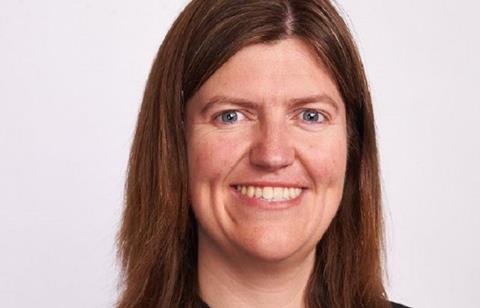
Between 20% and 30% of active defined benefit (DB) pension scheme members over the age of 55 are transferring out of their scheme in order to access pension freedoms as a result of receiving paid-for financial advice, according to research by Willis Towers Watson.
The organisation used data it collated in its 2018 IFA members choices survey from financial advisory firms, alongside its own experience to analyse the choices made by 200,000 DB pension scheme members in 400 schemes since April 2015, who have been offered impartial financial advice paid for by their pension scheme. This group has also been informed about, and offered access to, the flexibilities provided through pension freedoms.
The research also found that one in 10 (10%) of DB pension members who transferred out of their scheme bought an annuity in 2017-2018, compared to 43% in 2016-2017. The minority (1%) took their funds as cash in 2017-2018, compared to 89% who opted to take their funds over time through drawdown or using a combination of drawdown and other options.
A third (33%) of pensioners accepted a pension increase exchange (Pie) offer in 2017-2018, compared to 35% of pensioners who did this in 2016-2017.
Abigail Currie (pictured), head of member options at Willis Towers Watson, said: “These options can help manage the costs and risk of running a DB scheme, but can also appeal to a significant proportion of DB scheme members.
“Not all DB pension schemes have taken action in relation to providing members with information about their options and provision of financial advice, but even some of these schemes are experiencing significant volumes of members transferring out. This can bring with it a strain on scheme administration and the risk of members making decisions which may not be in their best interests. Where a pension scheme is more proactive in terms of member communication and the provision of access to impartial financial advice, these risks are better mitigated.
“However, even schemes that do proactively communicate and provide access to impartial financial advice have experienced very different outcomes amongst their population, particularly in relation to transfer exercises. This highlights the importance for DB scheme trustees and sponsors of understanding the context of their scheme, communicating in an engaging way with their members, and understanding how and where members can receive the financial advice they need if they wish to consider their options.”











